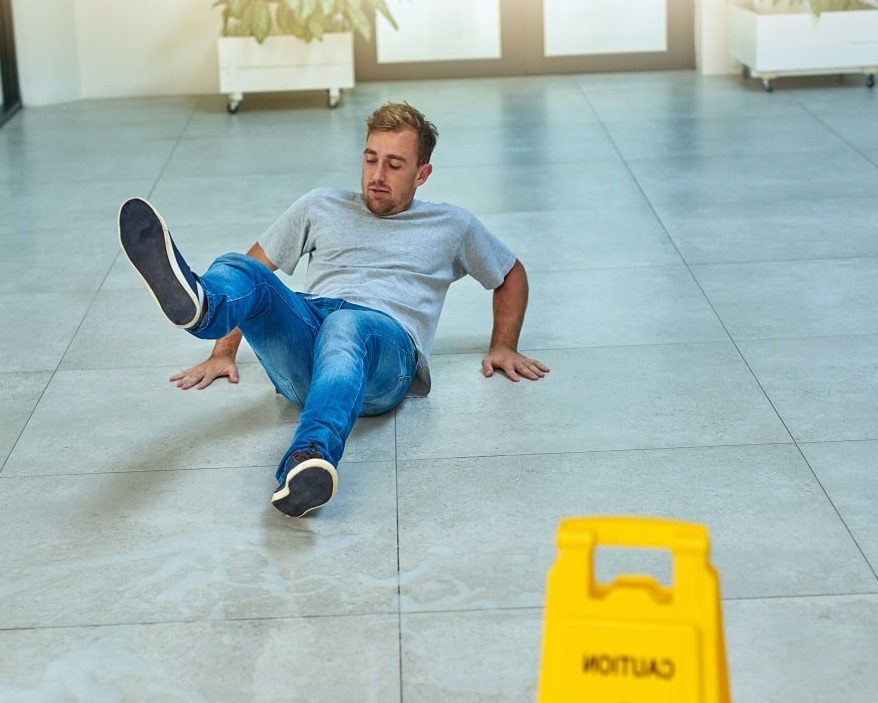Are you familiar with the term “premise liability”? If you live in California, this is something you should certainly be aware of, especially if you’re a property owner. This guide will provide you with all the necessary information about premise liability in California.
What is Premise Liability?
Premise liability is a legal term that refers to the responsibility that property owners have to ensure the safety of their visitors. This means that if someone is injured on your property due to your negligence, you could potentially be held liable for the damages.
California Premises Liability Law
In California, the law holds that all property owners have a duty to keep their premises reasonably safe for visitors. However, the extent of the duty of care can vary depending on the relationship between the visitor and the property owner.
The Elements of a Premises Liability Case in California
To establish a premises liability claim in California, the plaintiff must prove three main elements: (1) that the defendant owned, leased, occupied, or controlled the property, (2) that the defendant was negligent in the use or maintenance of the property, and (3) that this negligence was a substantial factor in causing the plaintiff’s harm.
Common Types of Premises Liability Cases
There are various situations that could potentially lead to a premises liability claim.
Slip and Fall Accidents
These are the most common type of premises liability cases. They often occur due to wet floors, loose rugs, or uneven surfaces.
Dog Bites and Attacks
In California, dog owners are strictly liable for injuries caused by their pets, regardless of the animal’s previous behavior.
Swimming Pool Accidents
These accidents can be particularly tragic, often involving young children. They may be caused by inadequate supervision or poor maintenance of the pool area.
Negligent Security
If a property owner fails to provide reasonable security measures and someone is harmed as a result, they may be liable for the damages.
Understanding “Duty of Care” in California
In California, the concept of “duty of care” is fundamental in premises liability cases. Property owners must ensure their premises are safe for visitors, but the extent of this duty can differ depending on the status of the visitor: invitee, licensee, or trespasser.
Proving Negligence in a Premises Liability Case
Negligence is established by proving that the property owner failed to exercise reasonable care in the management of their property, leading to the injury of the visitor.
Shared Fault Laws in California
California follows a pure comparative negligence rule. This means that even if the injured party is partially at fault for the accident, they can still recover damages. However, the amount they recover will be reduced by their percentage of fault.
Damages in Premises Liability Cases
Damages in premises liability cases may include medical expenses, loss of earnings, pain and suffering, and in some cases, punitive damages.
How to Start a Premises Liability Claim
To initiate a premises liability claim, you should consult with a knowledgeable attorney who specializes in this field. They will help you navigate the complexities of the legal process and fight for your rights.
Understanding premises liability is crucial, especially for property owners in California. Knowing the law can help protect you from potential lawsuits and also guide you if you’ve been injured due to someone else’s negligence.
1. What is the statute of limitations for premises liability cases in California?
The statute of limitations is two years from the date of the injury.
2. Are landlords liable for tenant injuries?
Landlords can be held liable if the injury was due to their negligence.
3. Can I file a premises liability claim if I was trespassing?
In some cases, yes. Although the duty of care is less for trespassers, there are exceptions.
4. What should I do if I’ve been injured on someone else’s property?
Seek medical attention, document the incident, and consult with an attorney.
5. How are damages calculated in premises liability cases?
Damages are based on medical expenses, loss of earnings, and pain and suffering. In some cases, punitive damages may also be awarded.









